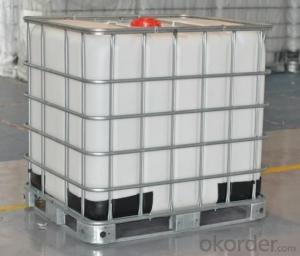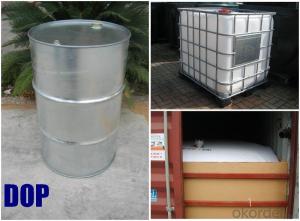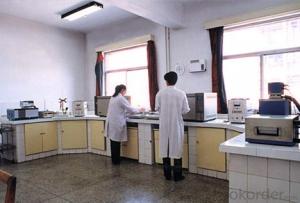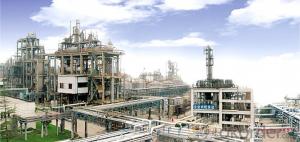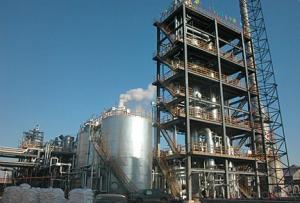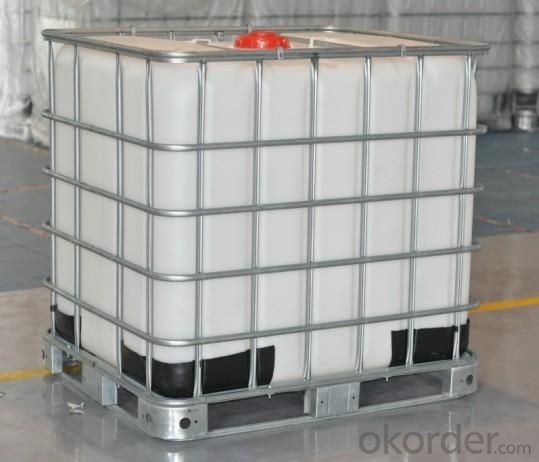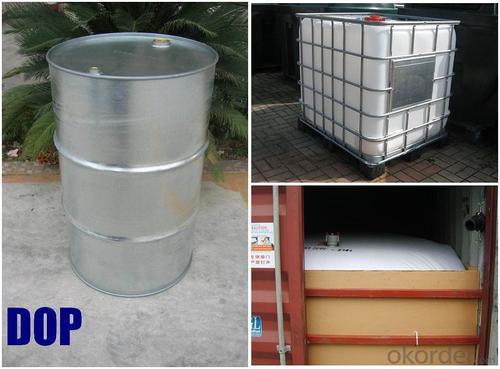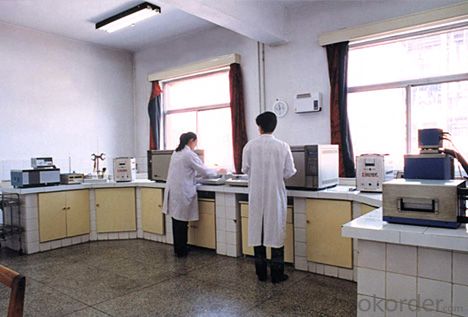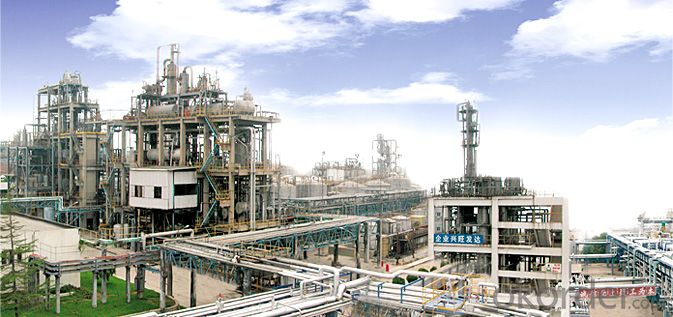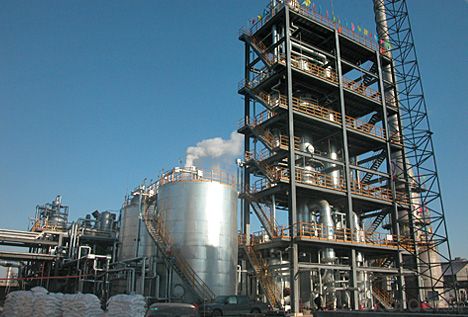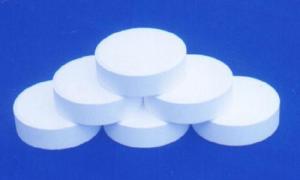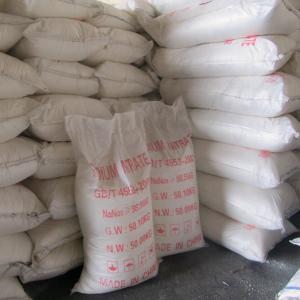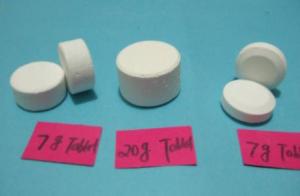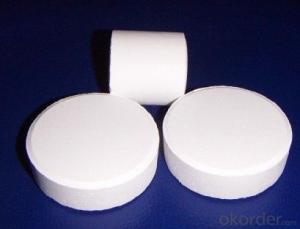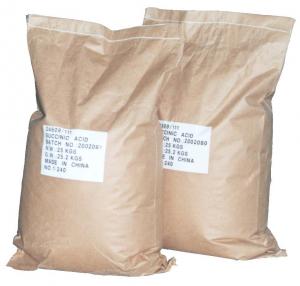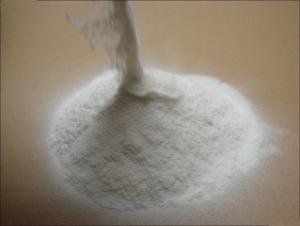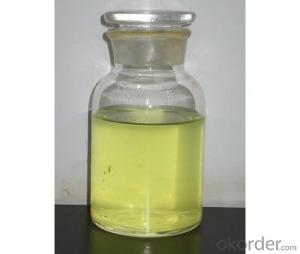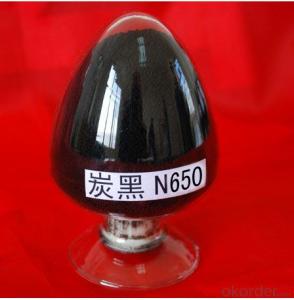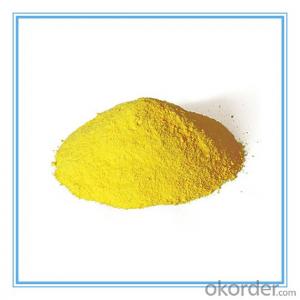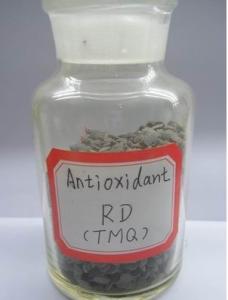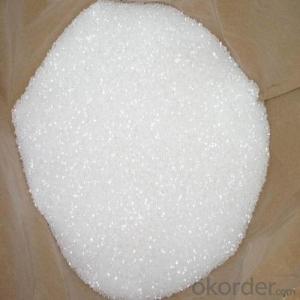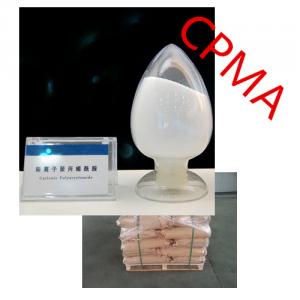Epoxy Plasticizer replace DOP/DBP Supplier in China
- Loading Port:
- Tianjin
- Payment Terms:
- TT OR LC
- Min Order Qty:
- 20 m.t.
- Supply Capability:
- 8000 m.t./month
OKorder Service Pledge
OKorder Financial Service
You Might Also Like
DOP
Molecular Formular : C24H38O4
Molecular weight : 390.57
CAS No.:117-81-7
H.S Code : 2917.3200.00
EINECS No.: 204-211-0
Characteristics : Colorless transparent oily liquid, slight odor.
Processing : Injection Moulding
Application : It is one of the most extensively used plasticizers in plastics processing. It has comprehensive properties, such as high plasticizing efficiency, low volatility, UV-resisting property, water-extracting proof, cold-resisting property, and also good softness and electric property. As a fine main plasticizer, it is extensively used in processing polyvinyl choride and ethylcellulose resins to produce plastic film, imitation leather, electric wire, cable wearer, sheet, planet, mould plastic products and. Used in nitrocellulose paints, it can make the ethylcellu lose more elastic and more strong in extracting tension. It can be used as a softening agent of synthetic rubber, such as to make the product easier to rebound and harder to undergo form change under pressure, without affecting of the plastics.
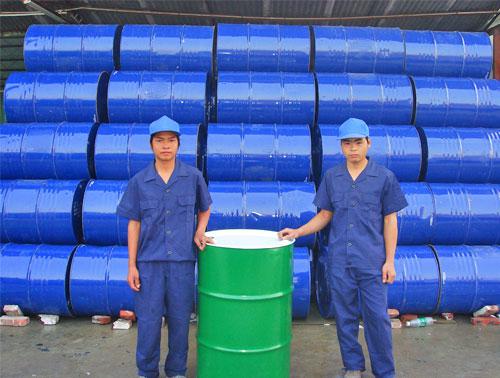
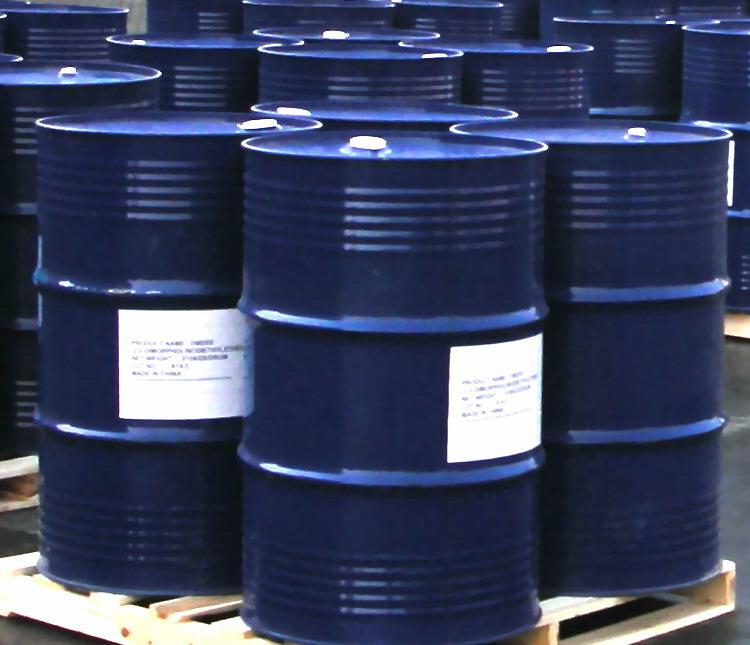
Specifications :
Quality Index | |||
Item | Value | ||
Super Grade | First Grade | Qualified Grade | |
Appearance | Oily liquid | ||
Color(APHA) ≤ | 30 | 40 | 120 |
PurityAs Ester% ≥ | 99.5 | 99.0 | 99.0 |
Acidity (benzene dicarbonic acid)g/cm | 0.01 | 0.015 | 0.03 |
Loss on dry (125oC3hr)%≤ | 0.2 | 0.3 | 0.5 |
Flash point(open)oC ≥ | 195 | 192 | 190 |
Density20,g/cm3 | 0.982-0.988 | ||
Volume Resistivity ΩM ≥ | 1.5×1011 | ||
Heat decrement % ≤ | 0.2 | 0.3 | 0.5 |
Water content,% ≤ | 0.1 | 0.15 | 0.15 |
Package and Storage :
Packed in 200KG/Galvanized Iron Drum or 1000kg/ISO TANK or flexibag container
Stored at dry,shady,ventilated place. Prevented from collision and sunrays,rain-attack during handling and shipping. Met the high hot and clear fire or contact the oxidizing agent,caused the burning danger.
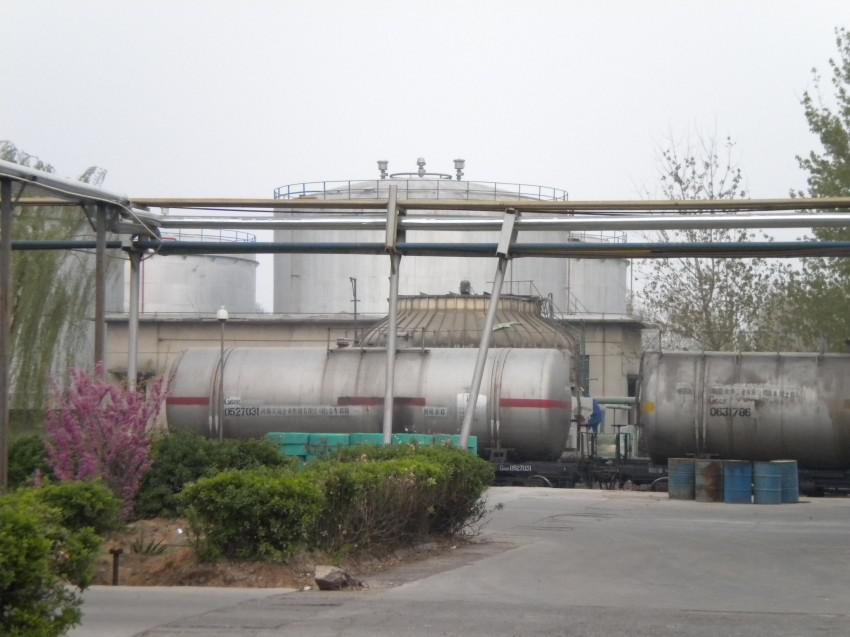
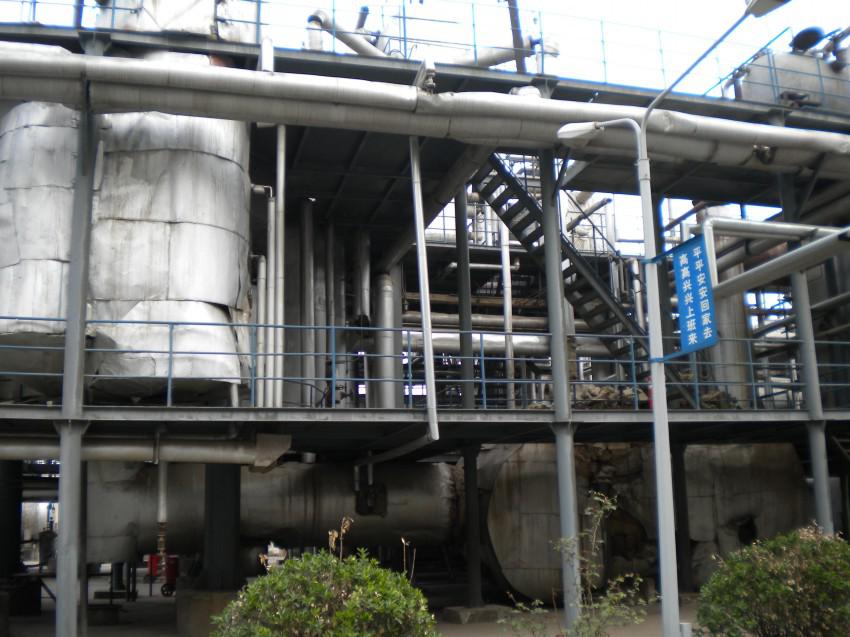
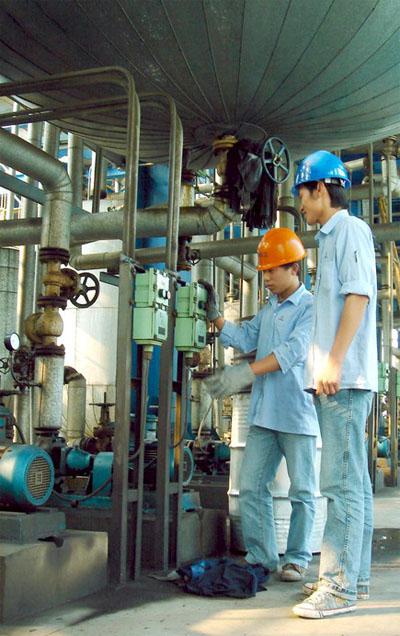
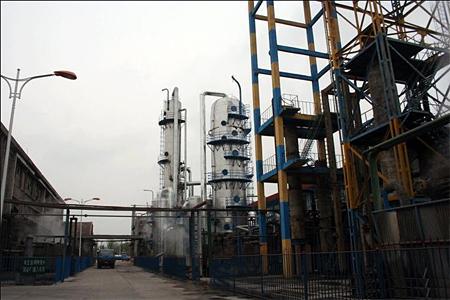
- Q: Before and after the reaction, the chemical properties and quality of the water did not change, and the water was the catalyst
- 3HIO + 3H2 = 3H2O + 3HI
- Q: Is the catalyst considered a chemical reaction?
- The middle school textbook defines that the catalyst itself does not participate in chemical reactions
- Q: What is the chemical vinyl chloride and benzene plus catalyst?
- Looks like no ethyl benzene, it is vinyl benzene
- Q: The concept of catalyst in high school chemistry
- Since the catalyst can only change the chemical reaction rate, the catalyst can not increase the mass of the product. The quality of the product depends only on the quality of the reactants.
- Q: Seems intuitive that it wouldn't, but I dunno the qualitative difference between activation energy & Gibbs free energy. I'M TOO LAZY TO GOOGLE I GOTS STUFF TO DO
- A catalyst can change the activation energy not the Gibbs energy. The Gibbs energy is the energy difference between the initial state and final state. A catalyst cannot change that. Imagine you are driving from school to home. How you drive do not change the height difference between the school and your home. However, a catalyst can change your path which can change the routine you drive from school to home. So if there is a hill in between your school and you home, you have the choice to drive through it or drive around. Here is a picture: upload.wikimedia.org/wikipedia/co... A catalyst can change the height of the barrier, but cannot alter the initial or final state.
- Q: To write a 1500 words of small papers, so please help you busy
- Want to write a good article do not reach out.
- Q: Can manganese dioxide do any catalyst for chemical reactions?
- The catalyst is selective
- Q: What is the difference between a catalyst and an oxidizing agent?
- a catalyst DOES NOT take part in the reaction. it merely speeds it up. Without a catalyst, the reaction would still occur, just slower. However, reactions with oxidizing agents CANNOT and WILL NOW take place without them. They gain electrons and are also considered the thing that is reduced. At the end of the reaction, they have been altered in some way, unlike catalysts.
- Q: okay im doing a project for my classroom about catalyst and i have to draw a picture but when i looked up on google i just saw a bunch of random stuff and a couple were metal so thats why im asking this question. :)
- A catalyst most often is a metal in the form of a screen or sponge with lots of area although it can be an immiscible liquid or sand like particles that can be filtered out.
- Q: Is there a catalyst in the chemical shop?
- If it is like vanadium pentoxide, which catalyzes sulfur dioxide, do not sell it because vanadium is highly toxic and most of the catalyst is expensive
Send your message to us
Epoxy Plasticizer replace DOP/DBP Supplier in China
- Loading Port:
- Tianjin
- Payment Terms:
- TT OR LC
- Min Order Qty:
- 20 m.t.
- Supply Capability:
- 8000 m.t./month
OKorder Service Pledge
OKorder Financial Service
Similar products
Hot products
Hot Searches
Related keywords
